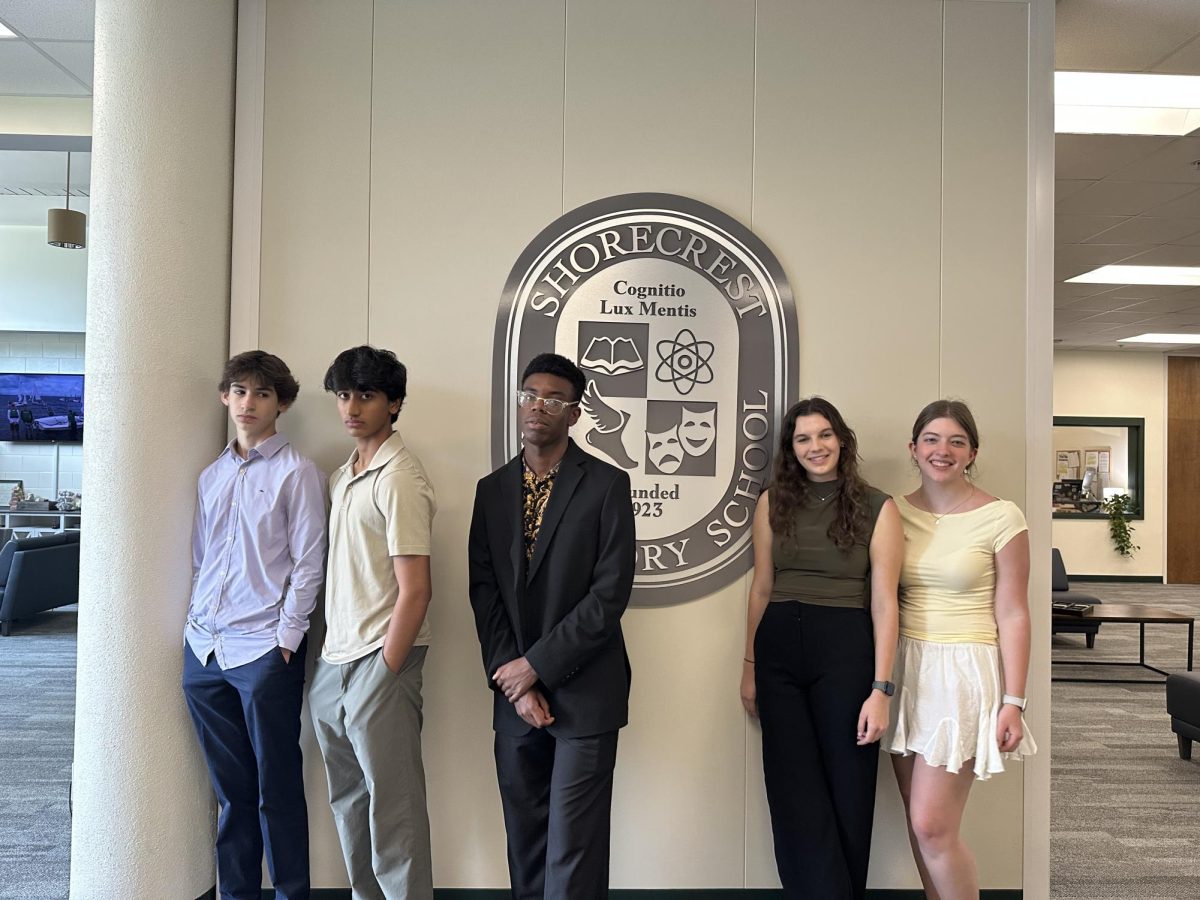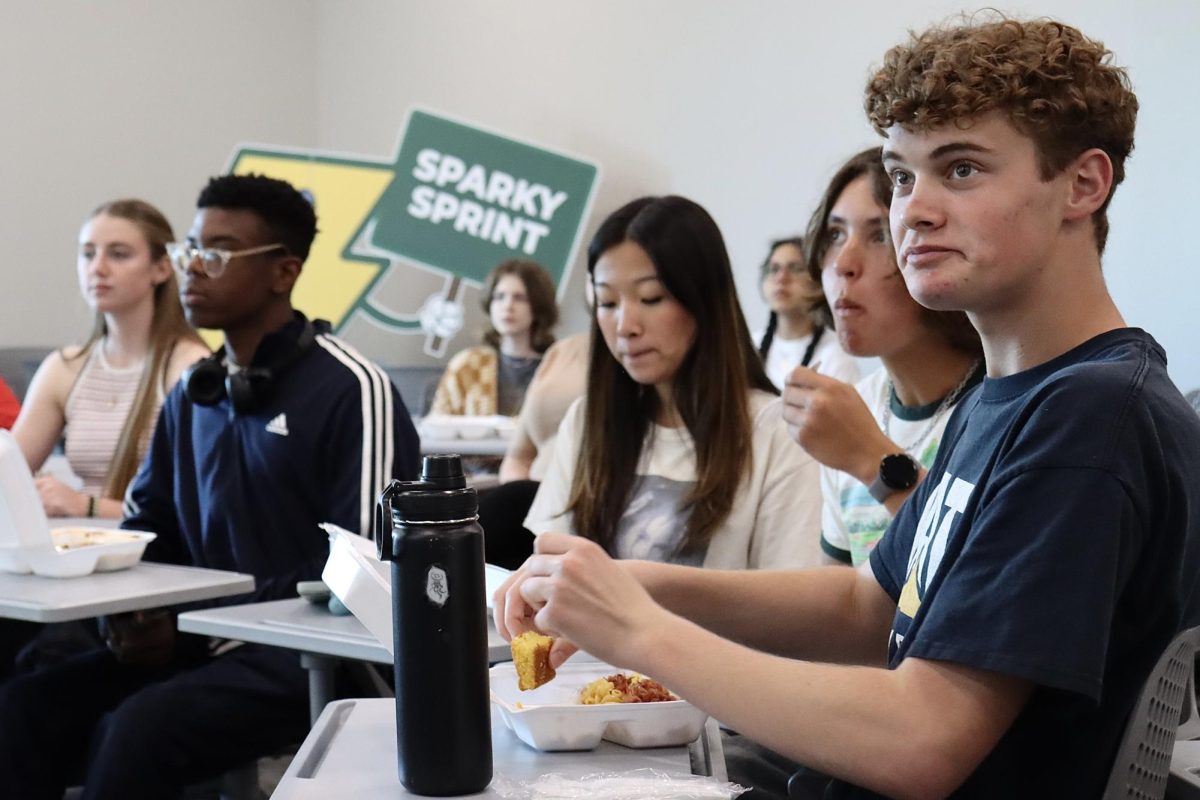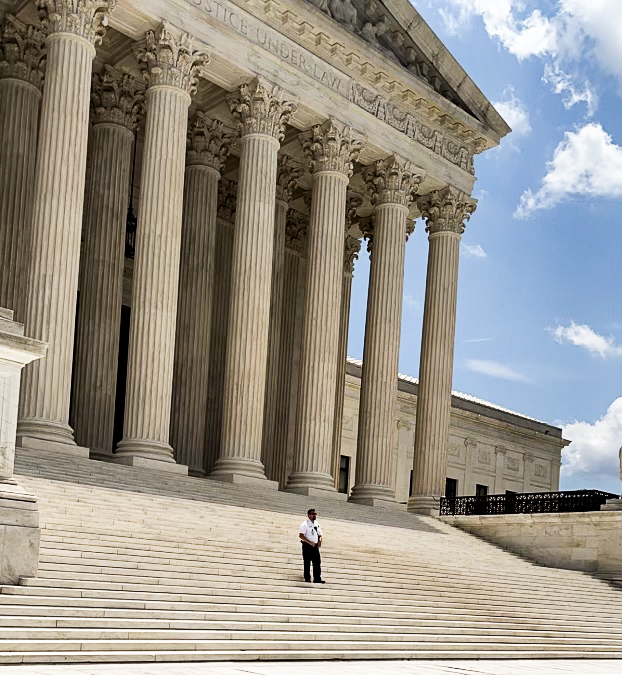In a landmark decision, the U.S. Supreme Court ruled to end race-based affirmative action in American universities on June 29, 2023. This decision raises significant questions about the future of diversity and inclusion in higher education, as well as shifts in the college admissions process.
Firstly, to fully understand the implications of affirmative action, there must be a clear definition of race-based affirmative action. Race-based affirmative action was a federal policy in which both public and private universities could consider an applicant’s race as a part of their admission process while comparing similarly ranked applicants.
The ruling has incited changes to Shorecrest’s College Counseling Department, as well as different reactions amongst the Shorecrest student body.
Director of College Counseling Myronee Simpson said, “The Common Application, which is an organization of over 1000 college and university members, has continued to offer students the option to voluntarily provide information about race/ethnicity on their application platform. Beginning this year, the Common Application members will have the ability to suppress or block this information when they receive applications. To comply with the SCOTUS ruling, many colleges and universities are opting to do this.”
However, “This does not prevent a student from writing about race/ethnicity in their essays…or extra-curricular activities lists [like] affinity group[s]. Since we are in the early stages of the admissions season, it is a bit early to know how this ruling will affect Shorecrest students in particular,” according to Simpson.
Junior and Co-President of Shorecrest’s Asian Student Union, Sabrina Everhart, said, “I think the end of race-based affirmative action in America looks good on paper because at face value, having colleges look at applicants with no consideration for meeting a diversity quota sounds as if it would make the college admissions process more equal, or merit-based… but I believe that there are a lot of underlying factors that must be considered in college applications that an applicant’s racial identity plays a huge part in.”
Everhart’s take on this policy exemplifies how affirmative action has sparked debates for decades. Proponents of affirmative action claim the policy is a means for historical reparations, helping to bridge the socioeconomic disparities people of color face. However, opponents of the policy claim that it promotes reverse-discrimination, placing qualified white and Asian-American applicants at a disadvantage.
Junior and President of the Black Student Union Sinai Dunbar said “I don’t feel disadvantaged in the ruling any less than I feel disadvantaged in other opportunities. I would prefer decisions to be made on my behalf because of the kind of person I am, not solely because I fit into a social construct.”
Simpson said that only time will tell how this will affect our community. “This upcoming admissions cycle as well as subsequent ones will be great indicators about whether or not minority students will be disadvantaged and also if this would affect specific groups differently… Will there be a decline in the number of applications that colleges and universities receive from minority populations? And will the percentages of minority students enrolling as first-time college freshmen at colleges or universities be significantly lower?”




![Thespians pose on a staircase at the District IV Thespian Festival. [Front to back] Luca Baker, Maddison Cirino, Tanyiah Ellison, Alex Lewis, Summer Farkas, Jill Marcus, Ella Mathews, Sanjay Sinha, Isabella Jank, Sofia Lee, Boston Littlepage-Santana, Sally Keane, Tyler Biggar, Tanner Johnson, Jasper Hallock-Wishner, Remy de Paris, Alex Jank, Kaelie Dieter, and Daniel Cooper. Photo by Michael McCarthy.](https://spschronicle.org/wp-content/uploads/2024/12/image1-900x1200.jpg)

































